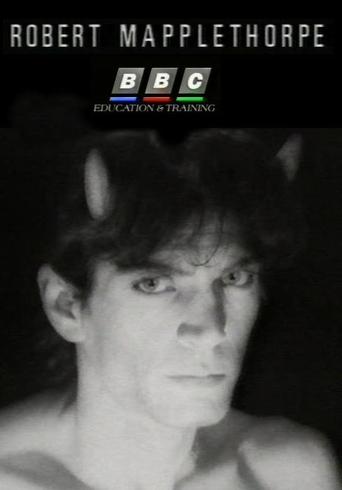
Robert Mapplethorpe
The Robert Mapplethorpe documentary, from 1988--one year before he died--is an excellent examination of one of the most controversial of American photographers. British documentarian Nigel Finch does an outstanding job fusing interviews with Mr. Mapplethorpe himself, with critic and author Edmund White, and with several of Mapplethorpe's subjects as well, with numerous shots of the man's work. Mapplethorpe, gay, did not hesitate to photograph what he wanted to without fear of reprisal or censorship. Indeed, a good number of his pieces were not shown in the documentary at its original airing on PBS with the comment, "Considered Unsuitable for Viewing On This Transmission." His openly sexual work can at times be more than shocking, but it is always powerful and direct; as critic Lynn Davies says in the documentary, he did not pose people but photographed them doing what they would normally do in the course of their lives.
- Overview
- Crew
- Recommendations
Robert Mapplethorpe
- Overview
- Crew
- Recommendations
Status
Released
Release Date
Mar 18, 1988
Runtime
0h 52m
Genres
Documentary
User Score
50%
Original Title
Robert Mapplethorpe
Director
Nigel Finch
Description
The Robert Mapplethorpe documentary, from 1988--one year before he died--is an excellent examination of one of the most controversial of American photographers. British documentarian Nigel Finch does an outstanding job fusing interviews with Mr. Mapplethorpe himself, with critic and author Edmund White, and with several of Mapplethorpe's subjects as well, with numerous shots of the man's work. Mapplethorpe, gay, did not hesitate to photograph what he wanted to without fear of reprisal or censorship. Indeed, a good number of his pieces were not shown in the documentary at its original airing on PBS with the comment, "Considered Unsuitable for Viewing On This Transmission." His openly sexual work can at times be more than shocking, but it is always powerful and direct; as critic Lynn Davies says in the documentary, he did not pose people but photographed them doing what they would normally do in the course of their lives.
Crew
Recommendations
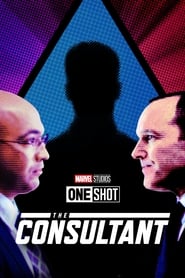
Marvel One-Shot: The Consultant
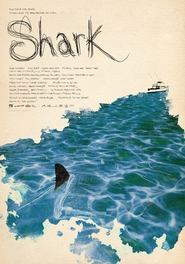
Shark

Scooby-Doo's Creepiest Capers
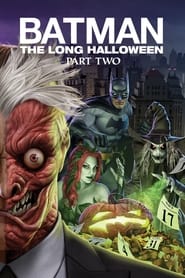
Batman: The Long Halloween, Part Two
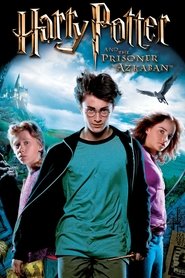
Harry Potter and the Prisoner of Azkaban

Q

Bāhubali 2: The Conclusion

Full River Red

Scooby-Doo! WrestleMania Mystery

Tajomaru: Avenging Blade

Masked Avengers
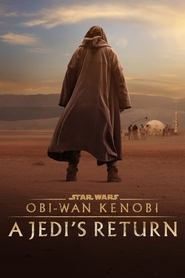
Obi-Wan Kenobi: A Jedi's Return

Shang-Chi and the Legend of the Ten Rings

Dance Academy: The Movie

Stalker
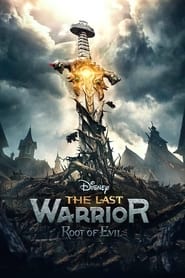
The Last Warrior: Root of Evil
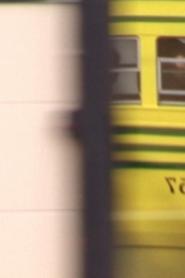
way

Small Fry

Pokémon: Lucario and the Mystery of Mew
